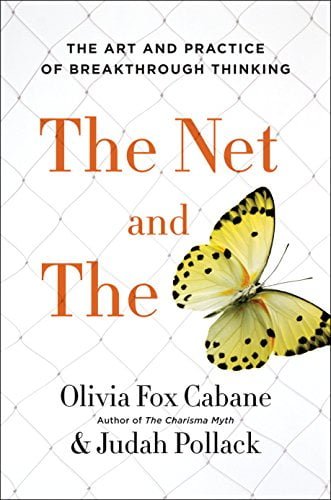DailyPost 687
FAILURE SKILLS
For the uninitiated, failure skills does not mean skills to fail but on the contrary, it means skills to withstand failure and bounce back successfully on the road to the final goal / success. The internal experience all of us have when faced with failure is one of shame, dismay, disappointment or even despair. In the book “The Net and The Butterfly, Cabane & Pollack write, “Failure skills ensure that you stay in a learning mode, the right psychological state to learn everything there is to learn from this failure and to rebound fast so you can try again.” Super successful people are the ones who have witnessed the maximum number of failures. Sports psychologists & coaches treat failure as a mini trauma. It turns out of the embarrassment and shame of letting your team down.
The name of the game is to become resilient to failure. This happens to be the subset of the broader category of resiliency to hardship. Failure is a form of hardship, nonetheless. In Cyber Security essentials in a hack prone world, resilience is main denominator of success. “If you are resilient to future, you are less affected by it and bounce back faster.” Once you pick up the skills of how to handle a failure / setback, it is natural that you become more resilient to it. You will then not be afraid of failure, an affliction killing most of the mankind in their journey to some worthwhile accomplishment.
Reframing is a concept which one is supposed to get into. One fantastic reframe is not to see outcome as a possible failure but look at it as guaranteed learning. Every setback says aloud, “Congratulations, you’ve learned something and you get to play again”. The thought process behind is, see each attempt as guaranteed learning. The never say never die approach says, ” No matter what happens, you’ll learn.” The next stage in this mindset progession is to have a “growth mindset”. It is invariably also called the “learning stance” as well.
For “willing to fail” mindset to find deep roots, one should see whatever one is doing as an experiment. Creativity expert Tina Seelig adds a new dimension to it. “Genius is the ability to make the most mistakes in the shortest period of time.” Each mistake provides experimental data. It also provides an opportunity to learn something new. She says if we change our vocabulary from “failures” to “data,” it enhances our willingness to experiment.
FAILURE SKILLS ARE THUS THE REAL SUCCESS SKILLS.
Sanjay Sahay

